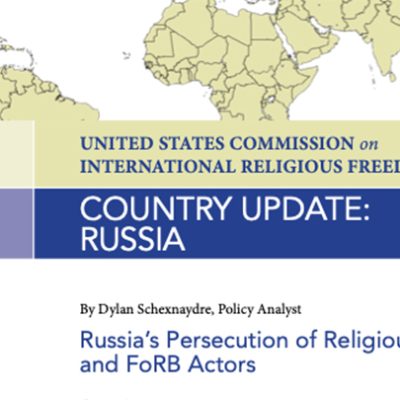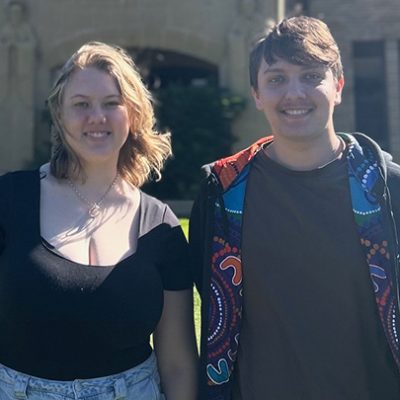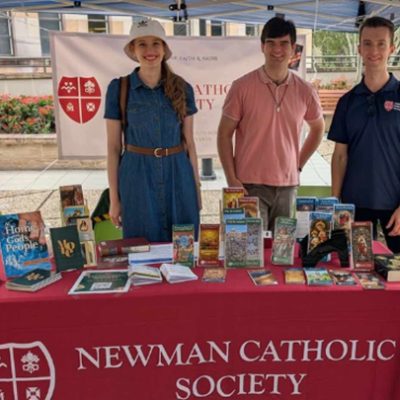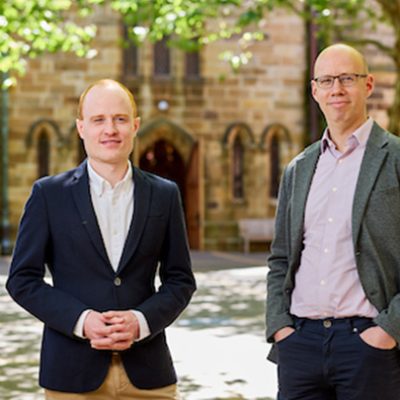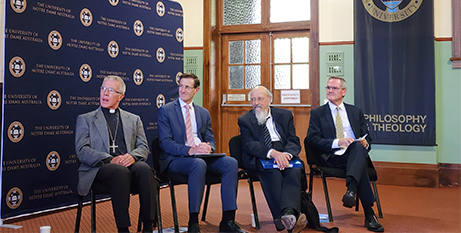
Religious liberty, freedom of conscience and the challenges of state and religious organisations in finding a balance that will prove beneficial to all were debated at the University of Notre Dame Australia’s annual Religious Liberty Lecture and Conference.
Speakers at the February 24 conference covered key topics such as why religious schools exist; how to protect religious schools and religious students; whose conscience deserves protection in Australia; and if the state should decide who attends religious services and become a member of any faith.
Key speakers included Nicholas Aroney, Professor of Constitutional Law at The University of Queensland and an External Fellow of the Centre for Law and Religion at Emory University in Atlanta, Georgia. Professor Aroney discussed the fundamentals of education against its role in providing human nature and character.
“Good laws and universal education are not enough. Education is primarily concerned with the transmission of knowledge and the development of skills – to train the next generation of workers,” Professor Aroney said.
“And it becomes increasingly specialised as they age. Education does not just impart knowledge and skills, it must also contribute to human character and attitudes.”
University of Notre Dame School of Law’s Adjunct Associate Professor Mark Fowler explained how the Australian Law Reform Commission had misinterpreted international treaties in arguments it said justified the removal of the exemptions for religious schools in the Sexual Discrimination Act 1984 .
“Article 18(4) of the International Covenant on Civil and Political Rights makes it clear that freedom to manifest one’s religion includes the right for religious communities to create institutions and run them in accordance with their own ethos, and for parents to choose to have their children unconstrained by the dictates of contemporary political correctness,” Professor Fowler said.
“There is no reasonable foundation for the claim that the removal of that ethos is ‘necessary’ within the meaning of established international law.”
FULL STORY
(University of Notre Dame Australia)



